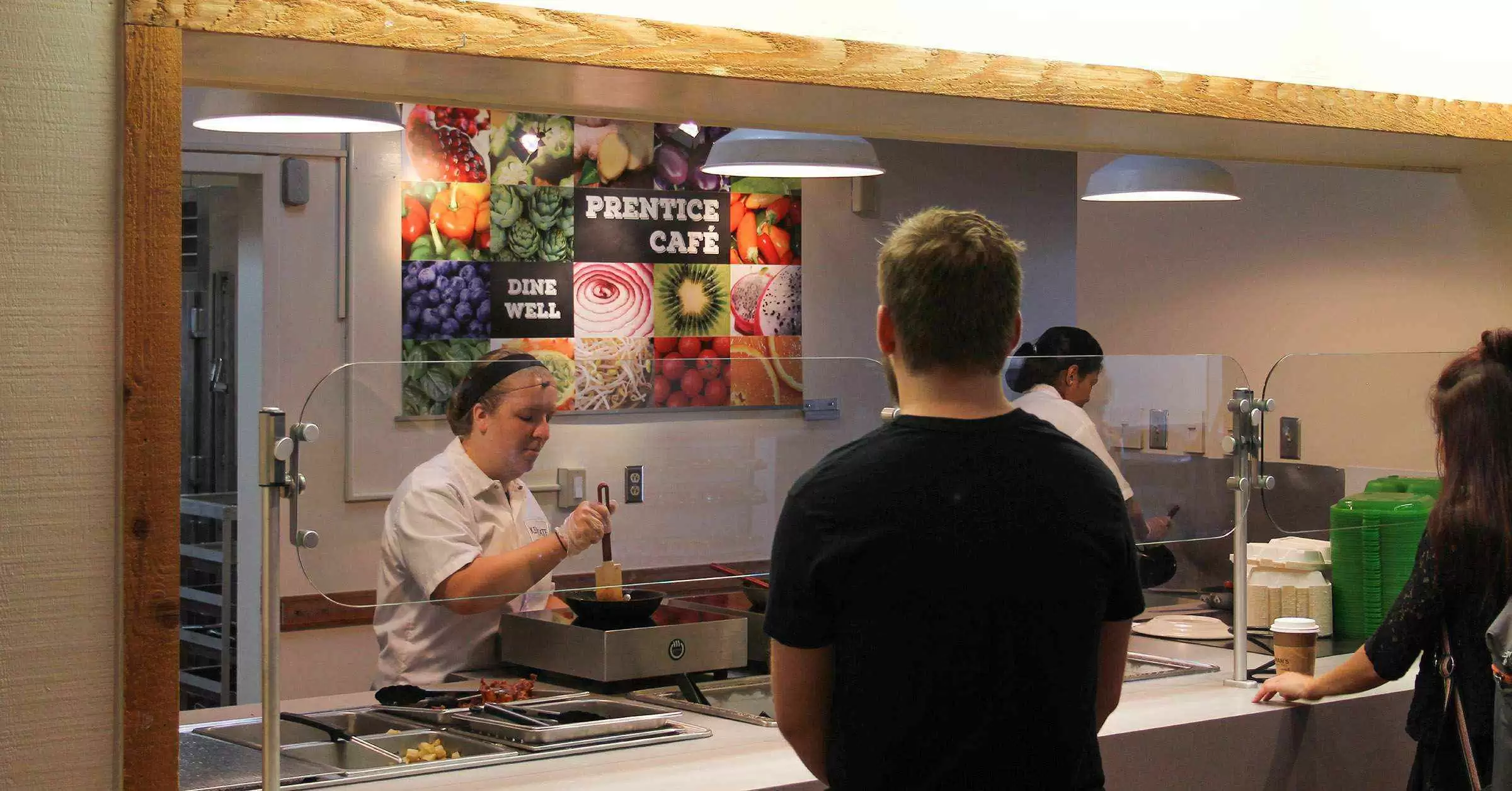
Celiac.com 04/17/2019 - Hundreds sign petition calling for dining reform at Hofstra. The petition stems from the experience of junior marketing major Sarah Peres, who has celiac disease. Peres began the petition after receiving a salad with wheat croutons on it. First, she was mildly upset, but then she turned toward action with her petition.
Peres says that she is tired of feeling hungry and frustrated whenever she is in the dining halls at Hofstra, and that she hopes to make a change in campus' food policy. “It is almost as if Hofstra would rather us starve than be able to eat a safely prepared gluten-free meal,” Peres said in her petition.
Celiac.com Sponsor (A12):
Her petition, titled “More gluten-free, allergy-free, and dietary restriction food options at Hofstra University,” exposed serious flaws in the dining hall policies. Her efforts have been met with support from more than 500 concerned students, parents and community members. Lisa Ospitale, the District Marketing Director of Campus Dining by Compass Group, said that available options are based on sales, sales history, and requests from the overall community population.
Basing food offerings on sales and demand is fine, but schools still have responsibilities under the ADA to offer options for students with food allergies and sensitivities. That means adequate training and policies to ensure student well-being.
Speaking of the school’s current allergen-friendly dining area, Ospitale says that the school should “offer G8 in the Student Center, because it is an area that is separate from other areas creating a safe location for those with allergies to eat.”
Peres feels that Hofstra still has a ways to go. “There’s a lot of work that needs to be done,” she says. They need to have a second kitchen…They need to educate their staff more. If they don’t have a separate kitchen, then they need to clean their utensils and have separate utensils for everything,” Peres added.
Stay tuned for more on this and other stories about gluten-free and allergen-free food options at colleges and universities.
What do you think? Do colleges and universities need to do more in general to accommodate students with food allergies? Share your thoughts below.
Read more at The Hofstra Chronicle









Recommended Comments
Create an account or sign in to comment
You need to be a member in order to leave a comment
Create an account
Sign up for a new account in our community. It's easy!
Register a new accountSign in
Already have an account? Sign in here.
Sign In Now